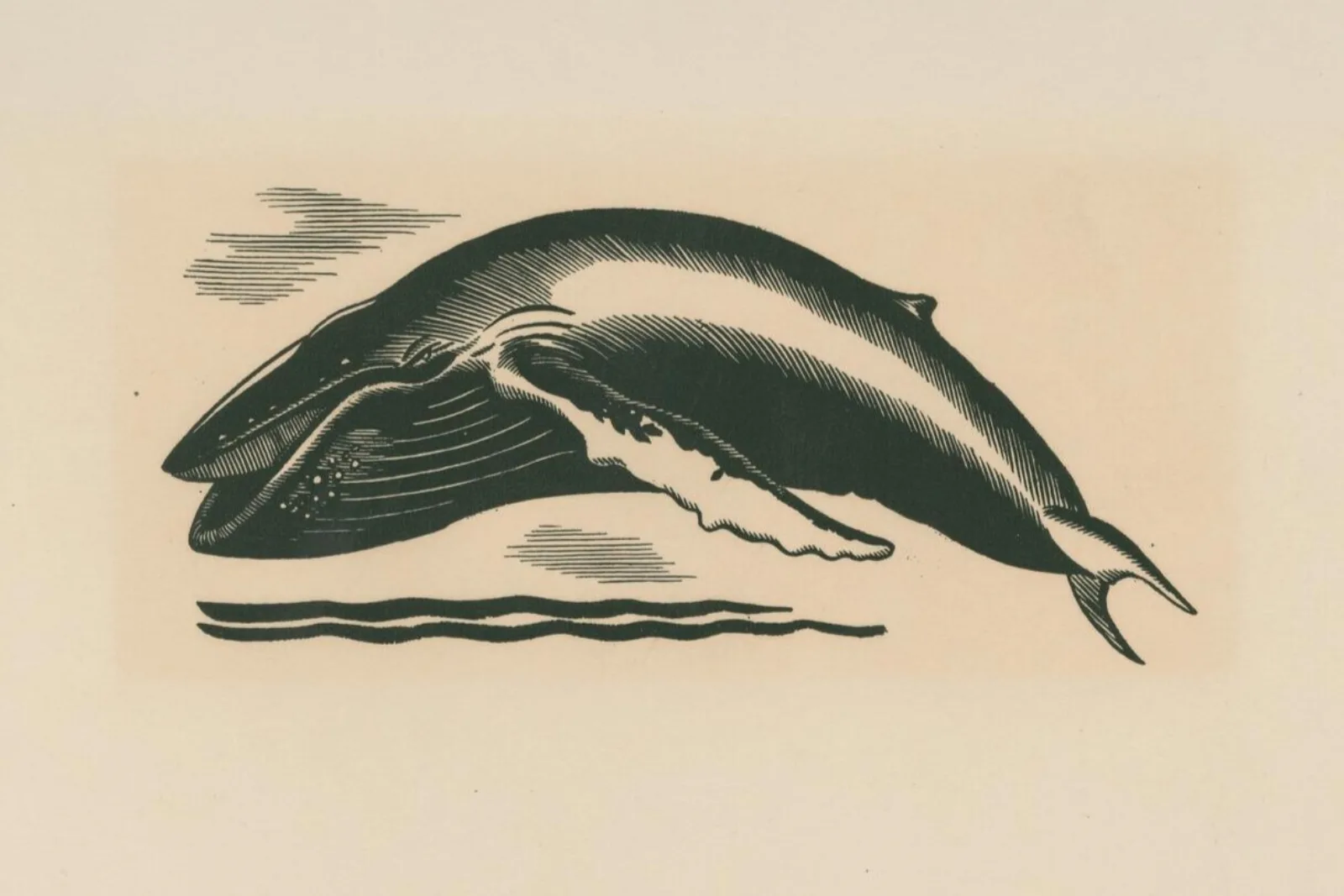Class Description
From the most famous first sentence in American literature to its climactic chase scene, Herman Melville’s Moby-Dick is a great challenge—and memorable experience—in the life of any reader. This seminar will help participants chart an exciting course through the novel. We will explore many of the book's political, philosophical, theological, and historical themes, as well as its examination of the industry of whaling. We will also view beautiful illustrated editions from the Newberry's expansive Melville collection, and adaptations of the book to film, theater, and music.
Will Hansen is Roger and Julie Baskes Vice President for Collections and Library Services, and Curator of Americana, at the Newberry. He has led adult education courses on Alexander Hamilton, American short stories, and Herman Melville, and curated exhibitions on Melville, Latin America, and Indigenous popular culture, among other topics.
What to Expect
Format: In Person
Class Capacity: 12
Class Style: Mostly discussion; participation-based
Materials List
Required
- Herman Melville, Moby-Dick. Norton, 2018. ISBN: 9780393285000, or any other edition
Recommended
- Other Instructor-Distributed Materials
First Reading
- Please read "Etymology" to Chapter 9 ("The Sermon") of Moby-Dick for the first session.
A Brief Syllabus
- “Etymology” to Chapter 9 (“The Sermon”). Potential topics for reflection/discussion: “Call me Ishmael.” Depression. American humor. Jonah/Heterodoxy/Heresy. Allusion.
- Chapters 10 (“A Bosom Friend”) to 31 (“Queen Mab”). Potential topics: Sexuality. Capitalism. Bulkington. Prophecy. Exoticism.
- Chapters 32 (“Cetology”) to 44 (“The Chart”). Potential topics: Satire. Transcendentalism. Symbolism. Vengeance. Genre.
- Chapters 45 (“The Affidavit”) to 57 (“Of Whales in Paint...”). Potential topics: Truth/Evidence. Free will. Omen. Folklore. Ekphrasis.
- Chapters 58 (“Brit”) to 80 (“The Nut”). Potential topics: Labor. Nature. Travesty. Anatomy. Science/Pseudoscience.
- Chapters 81 (“The Pequod Meets the Virgin”) to 95 (“The Cassock”). Potential topics: Property. Commerce. Science. Tahiti. Freedom. Mysticism.
- Chapters 96 (“The Try-Works”) to 118 (“The Quadrant”). Potential topics: Comedy. Mythology. Gold. Tattoos. Ahab. Evil.
- Chapter 119 (“The Candles”) to Epilogue. Potential topics: Frenzy. Tragedy. Romanticism. Orphans.
Cost and Registration
This class is full, but you can still register for the waitlist on Learning Stream.
8 Sessions, $300 ($270 for Newberry members, seniors, and students). Learn about becoming a member.
We offer our classes at three different price options: Regular ($300), Community Supported ($280), and Sponsor ($320). Following the models of other institutions, we want to ensure that our classes are accessible to a wider audience while continuing to support our instructors. You may choose the price that best fits your situation when registering through Learning Stream.
To register multiple people for this class, please go through the course calendar in Learning Stream, our registration platform. When you select the course and register, you’ll be prompted to add another registrant.
Register for WaitlistSupport the Newberry
Your generosity is vital in keeping the library’s programs, exhibitions, and reading rooms free and accessible to everyone.
Make a GiftQuestions?
Call us at (312) 255-3700 or send us an email at adulteducation@newberry.org.
We are in office Tuesday through Thursday, 10 am–6 pm CT.
We are available by email Tuesday through Saturday.
